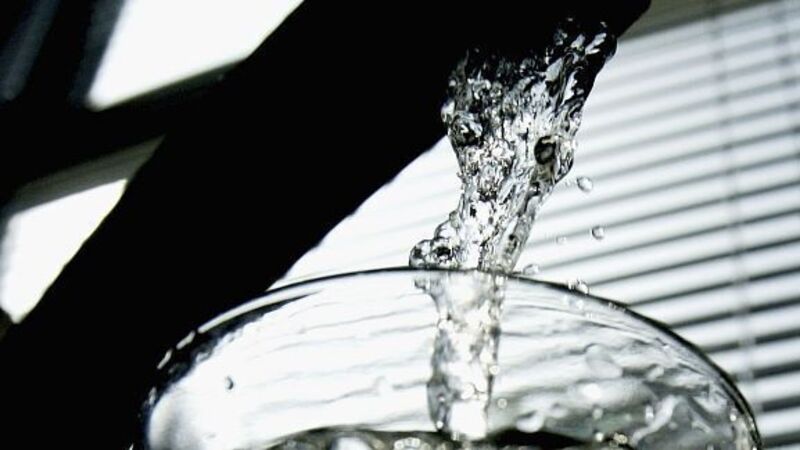Plenty of scope to waste water under Eoghan Murphy’s hands-off plan

This time five years ago, the then Fine Gael-Labour coalition nearly fell apart amid bitter disputes over the prospect of water charges, writes .
By rushing a 10-year job of creating a new utility that was Irish Water and selling the idea of charging for water to the public into 18 months, the issue exploded like a bomb and both parties suffered heavy losses in the subsequent local and European elections in May 2014.
















